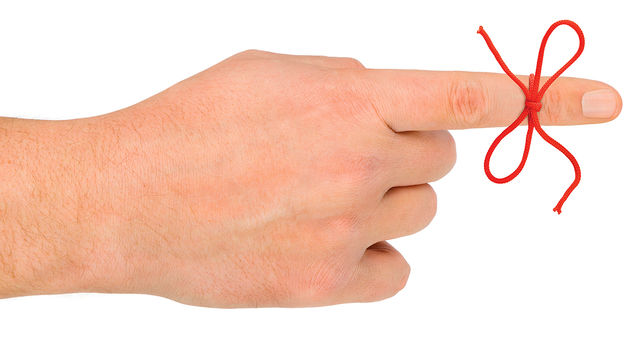Refresh My Memory
Brain stimulation could improve memory in older adults—at least briefly.
By Tara Santora published August 15, 2019 - last reviewed on September 3, 2019

Forgetting the last digit of the number you were dialing or what you were adding to your grocery list represents a lapse in working memory, or the short-term recall needed to complete tasks. Working memory falters more often as people age. In a new study, researchers temporarily reversed this deficit, boosting the working memory of people ages 60 to 76 so that it rivaled that of those in their 20s.
The researchers used low-level electricity—a method called transcranial alternating-current stimulation (tACS)—to synchronize activity in participants’ prefrontal and temporal lobes, areas of the brain involved in working memory. Afterward, participants played a game in which an image flashed on a screen, then disappeared briefly before another appeared; by holding the first in their working memory, they determined whether the images differed. Older participants scored as high as those in their 20s serving as controls, at least up to 50 minutes after stimulation.
While the improvements are likely only temporary, they could lead to treatments that guard against cognitive decline, says study author Robert Reinhart, a psychologist at Boston University. It’s possible that doctors could one day, for example, prescribe multiple doses of stimulation to prevent or reverse mild memory loss. “I can imagine a future in which medical practitioners have things like this in their daily tool belt,” he says.
